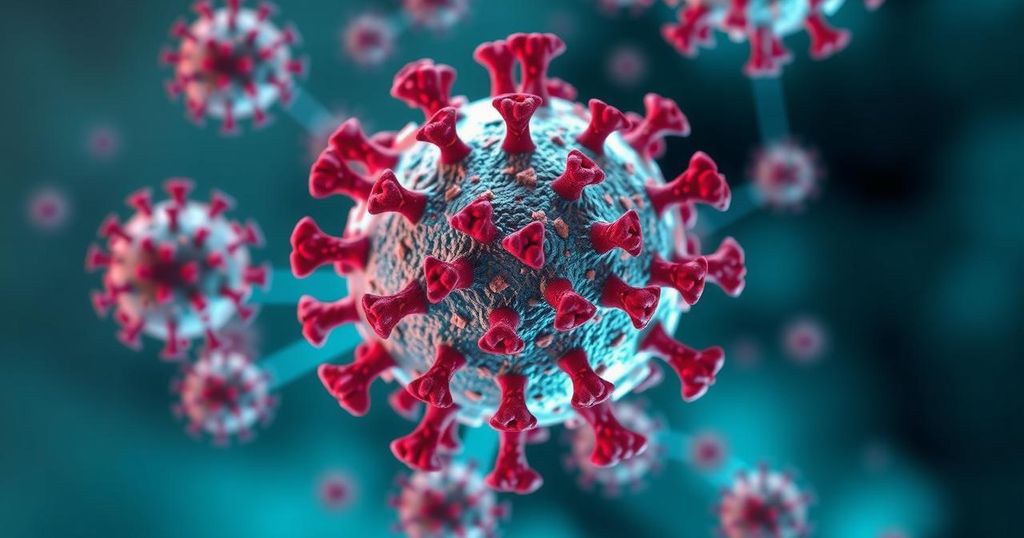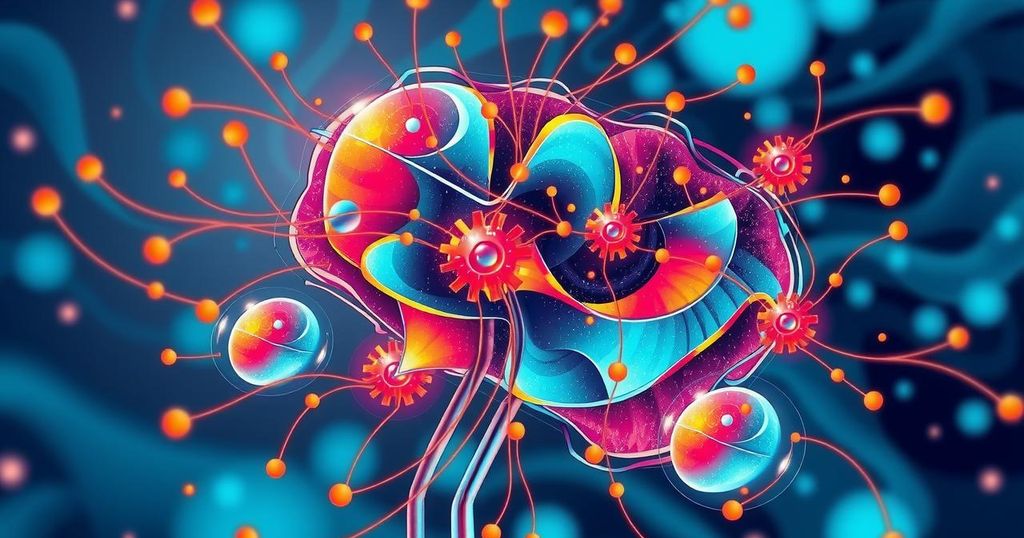No Close Relatives Found: New Data on Bat Coronaviruses and COVID Origins
Shi Zhengli presented findings at a Japanese conference, confirming that the bat coronaviruses stored in her lab do not closely relate to SARS-CoV-2. The research examined 56 new virus genomes collected over the years, strengthening her position against lab leak theories and highlighting the lack of direct ties to the outbreak in Wuhan. The collaborative work is crucial for understanding coronavirus diversity and public health implications.
In a recent conference in Japan, Shi Zhengli, a renowned virologist at the forefront of bat coronavirus research, revealed that none of the numerous coronaviruses stored in her laboratory closely relate to SARS-CoV-2, the virus responsible for the COVID-19 pandemic. The research, which examined 56 new betacoronaviruses isolated from bats over two decades, has reignited discussions about the origins of the virus that first emerged in Wuhan. Shi’s statement reinforces her assertion that SARS-CoV-2 was never present in her lab, a claim she has maintained amid ongoing scrutiny and speculation surrounding the Wuhan Institute of Virology (WIV).
This latest analysis, still awaiting peer review, offers clarity amidst the fog of theories suggesting that the virus could have leaked from the WIV. Shi emphasized that despite extensive global research on bat coronaviruses, no closely related sequences have been identified. Jonathan Pekar, an evolutionary biologist, affirmed, “This just validates what she was saying: that she did not have anything extremely closely related, as we’ve seen in the years since.”
As a significant figure in the study of coronaviruses, Shi’s past collaborations have contributed to the understanding of bat-derived viruses, although her work became tangled in controversies tied to funding and oversight. The EcoHealth Alliance, a key collaborator in this research, faced challenges in funding and scrutiny from the U.S. government, hindering their progress. Nonetheless, the findings from this extensive sequencing endeavor promise valuable insights into the diversity of coronaviruses and their potential risk to human health.
The ongoing debate about the origins of SARS-CoV-2 has sparked significant controversy, with many theories suggesting that the virus escaped from the Wuhan Institute of Virology where Shi Zhengli conducted her research. Over the years, her team has rigorously collected and studied various coronaviruses from bats, which are essential for understanding viral evolution and pandemic potential. Shi has continuously denied that SARS-CoV-2 was present in her laboratory, urging for transparency and scientific scrutiny of the data collected. The U.S. government’s withdrawal of funding from the EcoHealth Alliance amid accusations of inadequate oversight further complicates the narrative, adding layers of complexity to the investigation of COVID-19’s origins.
Shi Zhengli’s revelation that none of the bat coronaviruses in her laboratory are closely related to SARS-CoV-2 adds critical evidence to the discourse on the virus’s origins. This comprehensive research, while unseating prevalent theories about lab leaks, emphasizes the necessity of continued collaboration and investigation into zoonotic viruses. The findings underscore the importance of understanding viral diversity to mitigate future pandemics, reminding us of the fragility of human health in the face of emerging pathogens.
Original Source: www.nature.com




Post Comment